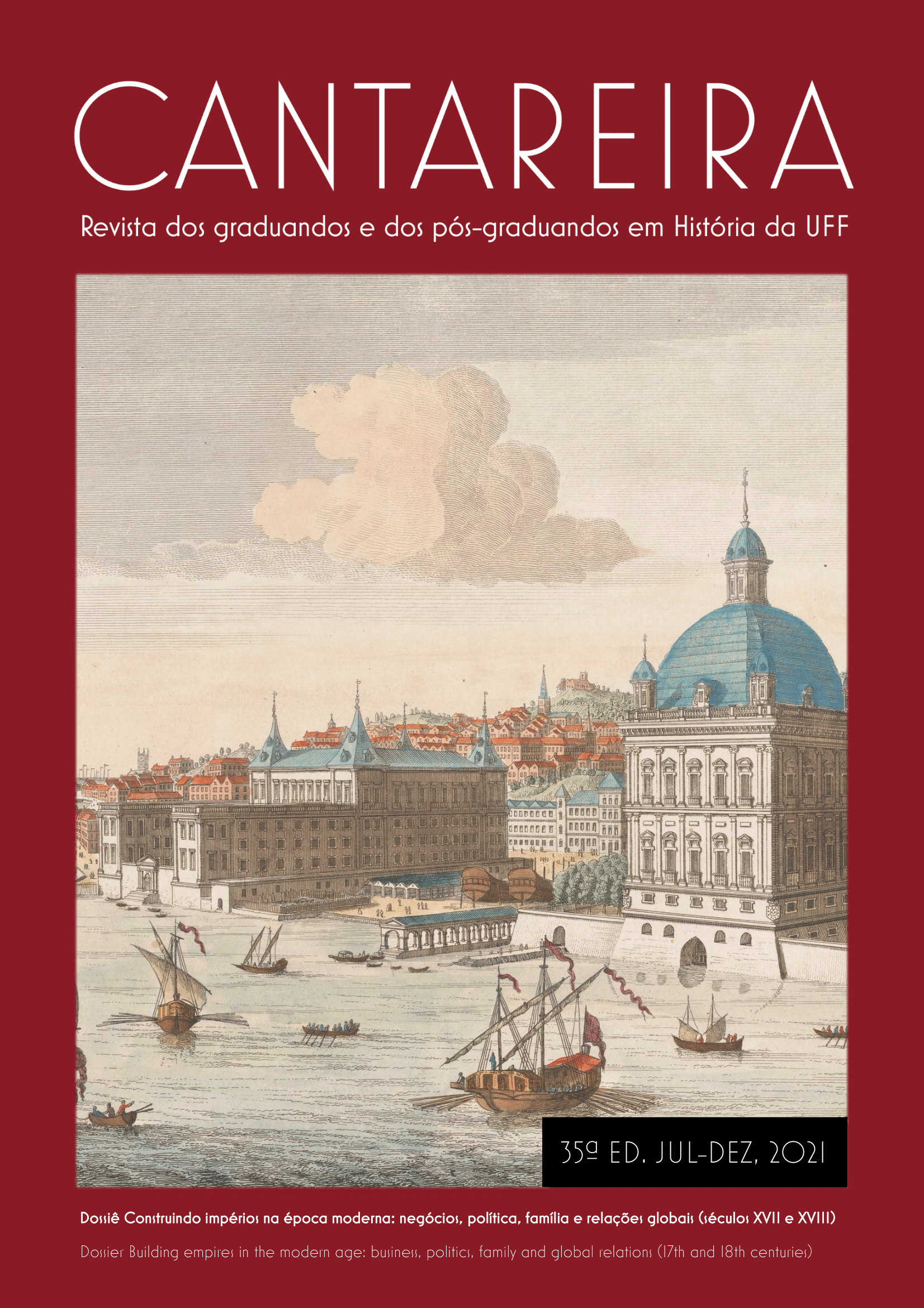Natural magic in the work of Francisco de Vitoria (ca. 1486-1546)
Keywords:
Magia, Demonologia, Ciência, Segunda Escol´ástica, Península IbéricaAbstract
The main objective of this article is to study the development of science in the Iberian Peninsula, thus allowing an opening for the analysis of erudite thought and the development of scientific knowledge in this spatial framework during the course of European modernity. In this sense, it was through the thought of Francisco de Vitoria (ca. 1486-1546) and his scholastic method that we intend to exponse some characteristics of Iberian science, the concepts, materials and authorities that the Dominican theologian used to understand and explain the conceptions of natural magic that were available in your time. In Relectio de arte magica (1539-1540), speech given by Vitoria before the University of Salamanca in 1540, the Spanish Dominican, through scholastic writing, conceptualizes magic, recognizes the partly instrumental character it carries and analyzes the potential of the magical arts. Thus, we seek to understand the aspects of Iberian science produced at the beginning of the Modern Period.
Downloads
Downloads
Published
Issue
Section
License
Autores que publicam nesta revista concordam com os seguintes termos:- Autores mantém os direitos autorais e concedem à revista o direito de primeira publicação, com o trabalho simultaneamente licenciado sob a Licença Creative Commons Attribution que permite o compartilhamento do trabalho com reconhecimento da autoria e publicação inicial nesta revista.
- Autores têm autorização para assumir contratos adicionais separadamente, para distribuição não-exclusiva da versão do trabalho publicada nesta revista (ex.: publicar em repositório institucional ou como capítulo de livro), com reconhecimento de autoria e publicação inicial nesta revista.
- Autores têm permissão e são estimulados a publicar e distribuir seu trabalho online (ex.: em repositórios institucionais ou na sua página pessoal) a qualquer ponto antes ou durante o processo editorial, já que isso pode gerar alterações produtivas, bem como aumentar o impacto e a citação do trabalho publicado (Veja O Efeito do Acesso Livre






